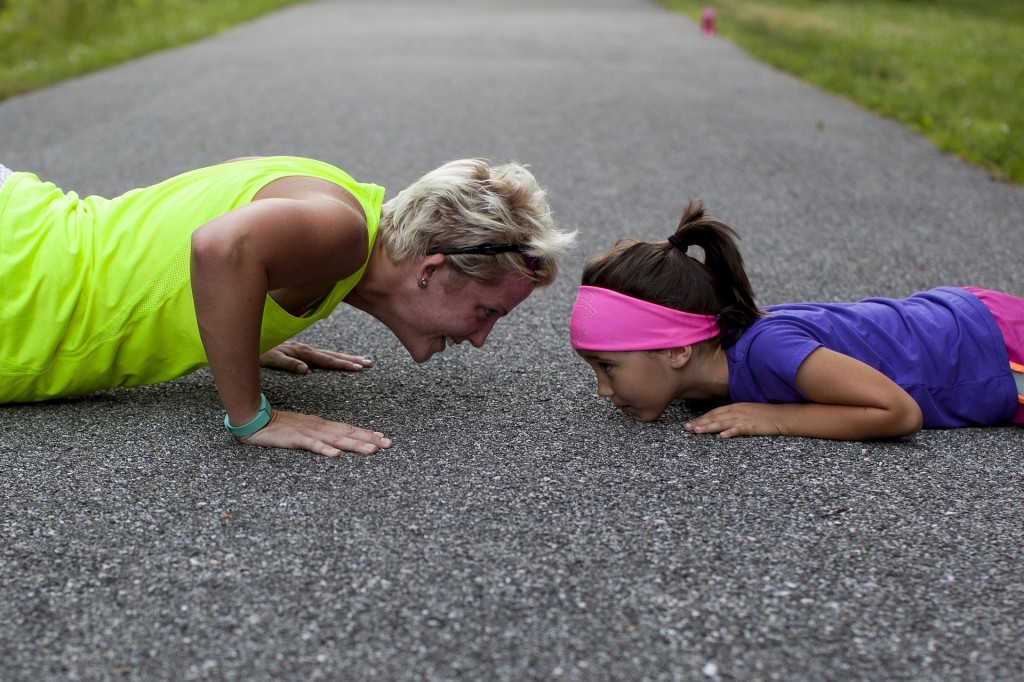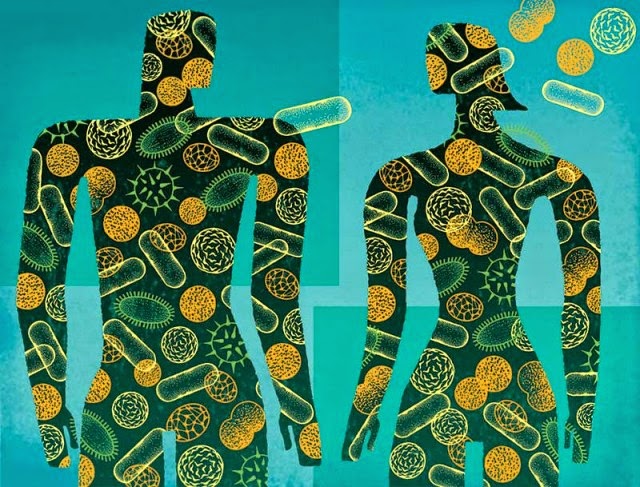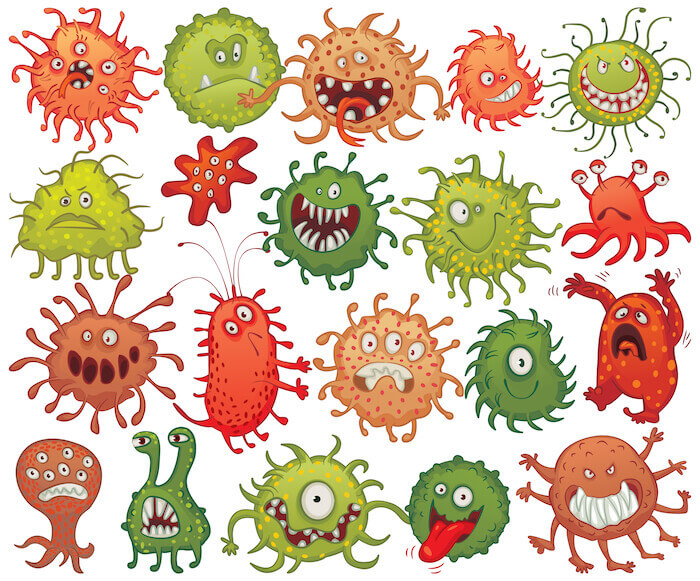
Not surprisingly the first time I showed any interest in procrastination as a topic was somewhere in the middle of my PhD (Coincidence? I don’t think so). I found back then a review article on procrastination, but like the proper procrastination pro that I am, I never actually got around…









Recent Comments